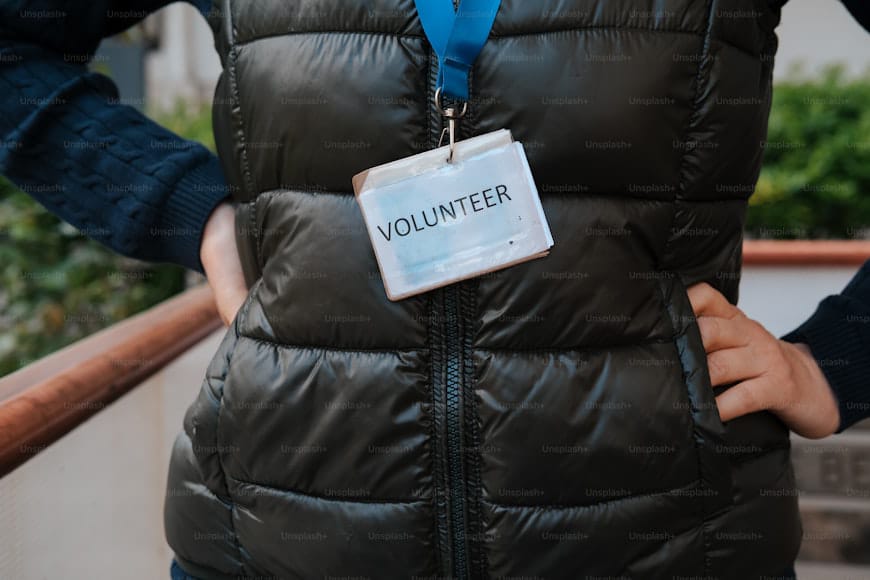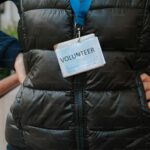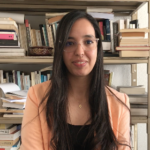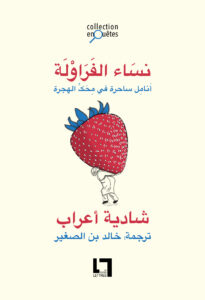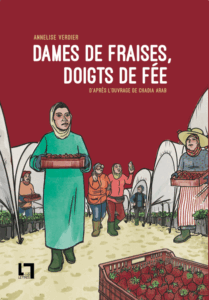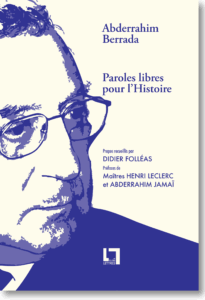EVS: How Volunteering Became a Life-Changing Experience for Moroccan Youth
Volunteering can be a life-changing experience, but in Morocco, we still lack a strong culture of volunteering and an understanding of its importance.
Cambridge defines volunteering as doing something willingly and without being forced or paid, especially for other people or an organization. However, the key questions remain: why is it important, and how does it change our lives? These questions motivated me to meet and speak with various volunteers to explore how volunteering has impacted them both personally and professionally.
The Motivation Behind Volunteering
“I wanted to discover other cultures and gain new experiences through volunteer work. Interacting with people from different backgrounds helps build a strong, social personality and provides knowledge in various fields,” says Khalid, a 29-year-old from Taroudant, a city in the Sous region of southwestern Morocco.
Khalid is just one of many Moroccan youth who have found new perspectives and personal growth through the European Voluntary Service (EVS). This program offers young people the chance to volunteer abroad, contributing to causes they are passionate about—whether it’s supporting refugees and migrants, addressing environmental issues, engaging with children or the elderly, assisting non-governmental organizations, or participating in cultural events. Open to anyone aged 18 to 30, the program provides full support, covering travel and living expenses, pocket money, and insurance.
“I learned about EVS through a colleague at work, who helped me connect with the host organization in a Turkish city, specifically Muş,” Khalid recalls. “It was an excellent experience. I met people from different nationalities and gained new knowledge, particularly about cancer and tumors, as the program I participated in was focused on healthcare.”
Khalid’s sentiments are echoed by Brahim Tourabi, a 24-year-old Moroccan now residing in Italy. “My experience was truly fulfilling. I was living abroad, away from my family, which was something entirely new to me,” Brahim shares. “Though I had flatmates, living on my own was a completely different experience. I loved it. I was experiencing new things, new activities, and new jobs. The work I did with the organization taught me a lot.”
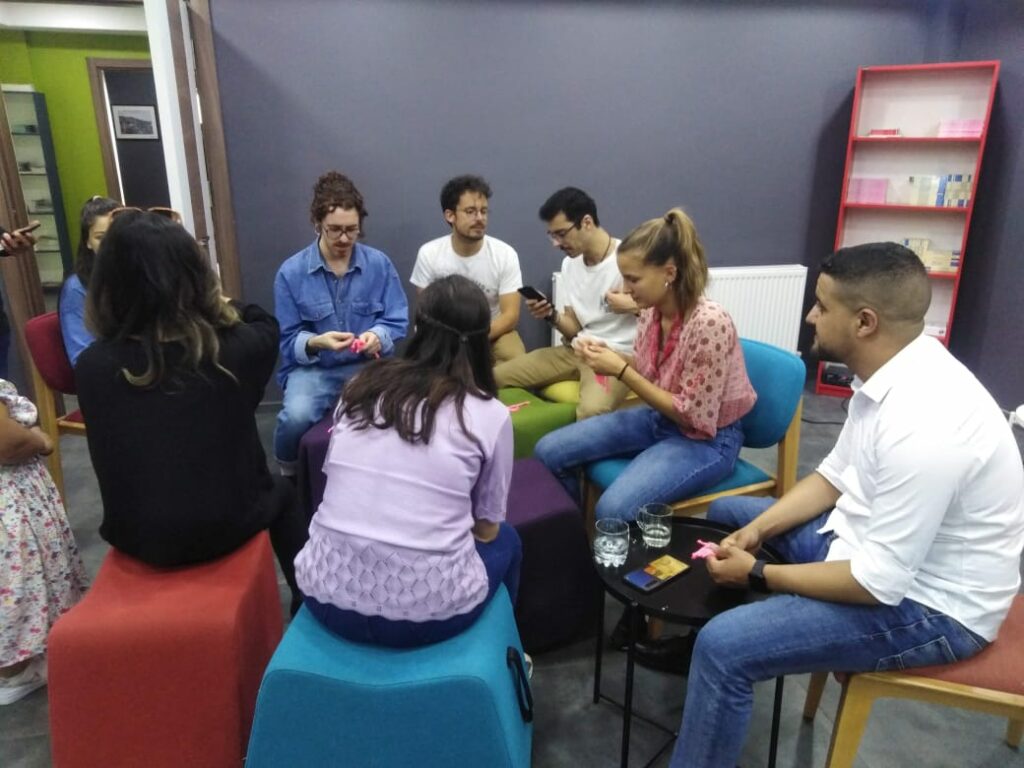
Brahim reflects on the transformative nature of his journey. “I had never done anything like this before. I was always close to home, never traveling more than a week away,” he says. “For me, even a week away was too much for my family because they were always worried. So, spending nine months abroad in a country very different from Italy or Morocco was a big challenge. But when I think about where I was and who I am today, I realize I made a significant leap forward. I became a better version of myself in many aspects. It was like a life-changing experience—only it was more than that. It was life-changing and life-improving. It was hard, and I suffered in many different ways, but it was necessary. After all, without pain, there is no gain.”
Zahra, a 31-year-old Moroccan woman from Agadir, shares a similar story. “I joined this volunteer program because I wanted to step out of my comfort zone and experience a different culture. I chose Bulgaria, a country few Moroccans consider visiting,” she explains. “Honestly, it was an amazing experience because I discovered so many things I would never have known if I had stayed in Morocco. There are some things you simply won’t understand unless you go out and experience them yourself.”
She adds, “Bulgaria is a beautiful country with nature we don’t see back home, and the climate is different too. The experience opened my eyes to new ways of thinking and living, completely different from what I was used to.”
These testimonies from Moroccan youth illustrate the profound impact of the EVS program. It’s not just about volunteering; it’s about personal growth, cultural exchange, and gaining a broader understanding of the world—a journey that leaves an indelible mark on those who embark on it.
Challenges Encountered by Moroccan Volunteers Abroad
« Of course, challenges are always part of any new experience, and for me, the biggest challenge was the language. Although I speak a little English and can communicate to some extent, I encountered many people who didn’t speak English at all and only spoke their native language. This was a challenge and hindered the communication process, making it somewhat difficult to benefit from and contribute to interactions with these people. However, overall, I didn’t face major challenges throughout the experience I had, » says Khalid.
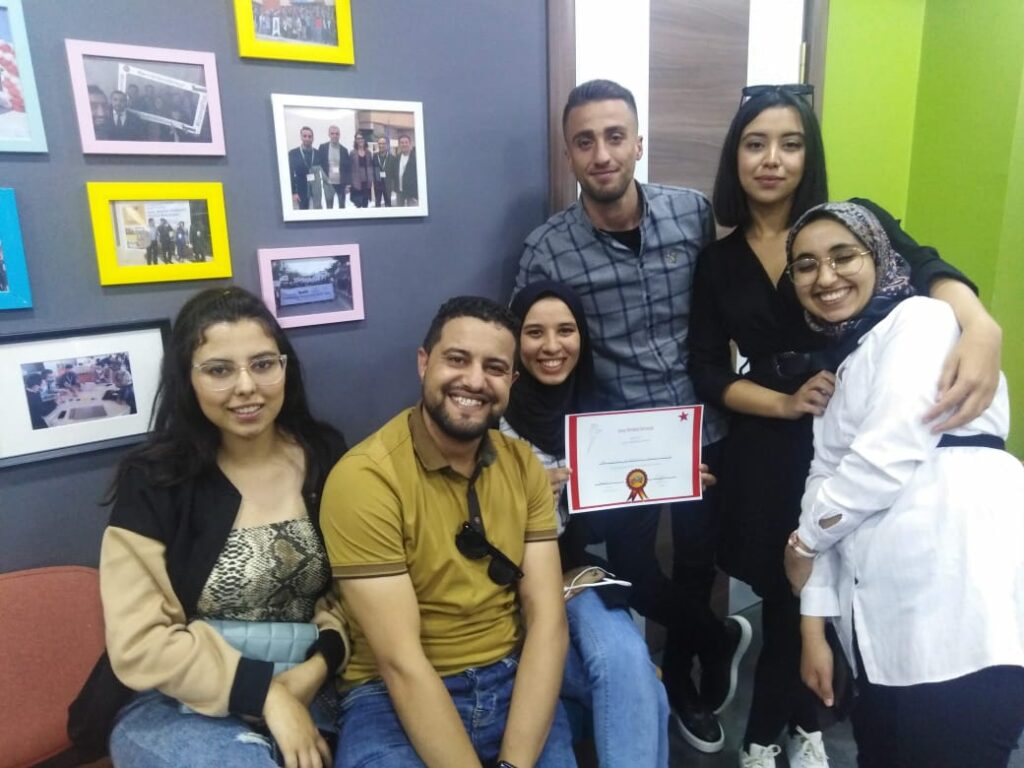
Ibrahim echoes similar sentiments about the difficulties he faced. « For me, the most challenging aspect was the language and communication with locals. I didn’t know Bulgarian, and since it is very different from Latin languages like Italian, I really struggled. Even though I tried to learn Bulgarian and picked up a few words to communicate, it was still very hard. I think you need to have a certain level of proficiency to communicate effectively; otherwise, it can be very difficult, » he explains.
On her side, Zahra reflects on her experience: « There weren’t many challenges, as I made friends there. When I joined the program, I met volunteers who were already there, and we became friends, so I didn’t feel alone. I would say that the only problem I encountered was the language. People there don’t speak English, and I didn’t have access to services. For example, if I wanted to go to the hospital, it was a big issue because they didn’t speak English and didn’t even try to communicate. Even translation services didn’t help much because people didn’t have the patience to translate everything I said. For instance, when trying to buy a ticket for public transportation, it was challenging because sometimes they didn’t have the time to wait while I translated everything, or vice versa.
She also notes challenges related to food, particularly finding halal options. « In the city I was in, there were very few Arabs, and it was hard to find meat. Even when I wanted to buy something, I had to translate all the ingredients to avoid anything forbidden. When I went to a restaurant, I had to ask to make sure that what I was going to eat was halal. Other people looked at me with curiosity because they are different and don’t understand, which I can understand, » Zahra adds.
The Experience and Personal Development
Khalid highlights the significant impact that his volunteer experience had on his personal growth. « First, in terms of language, interacting for two months with people from different nationalities and mostly communicating in English greatly improved my language skills, » he shares. He adds, « Additionally, my personality developed remarkably; I became more social and knowledgeable about other cultures. I can now interact with anyone, regardless of their background or beliefs. »
Zahra shares a similar view, noting how the experience changed her life in meaningful ways. « The project wasn’t in my field of expertise, but it greatly helped me develop my language skills, which opened up many opportunities for me. Now, I am working in a job that I couldn’t have done before, » she says. Reflecting on her cultural interactions, Zahra continues, « My experience was wonderful, especially with interacting with different cultures. I loved it. There were always traditional dances and music. I appreciated how they try to preserve their culture, and you discover that you’re not the only one with different and old traditions; they exist in various countries. »
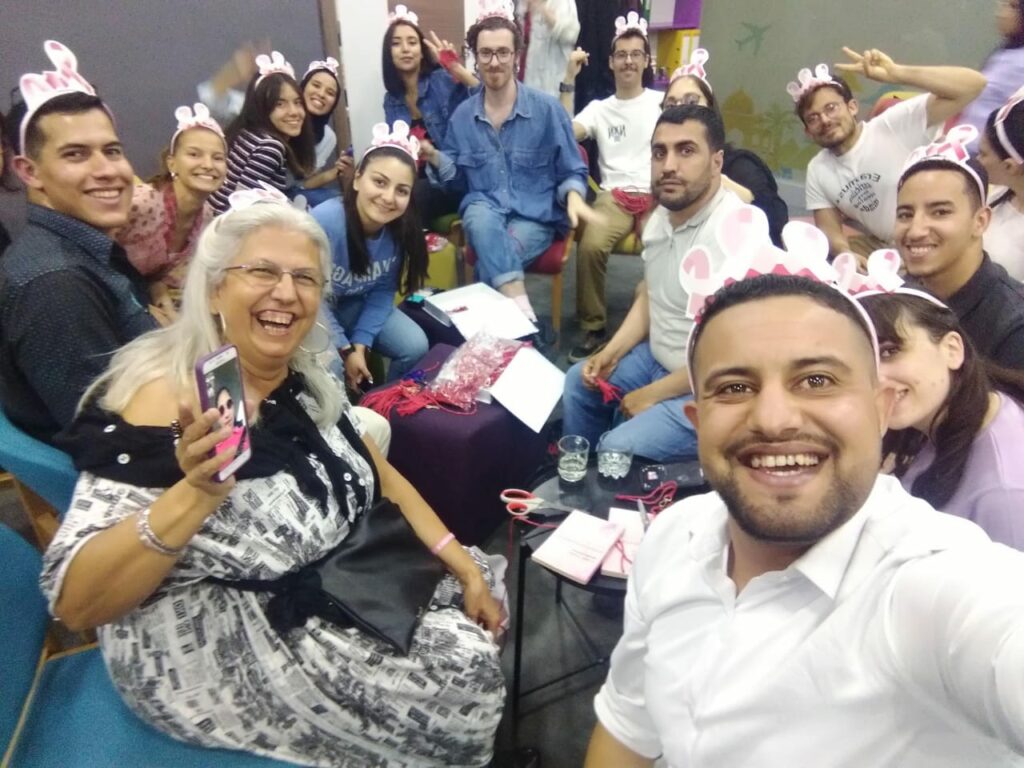
Zahra also points out that the experience deepened her understanding of cultural diversity. « I realized that every country has its specialties and unique aspects. For example, you can recognize a country by its traditional dress or dance. I attended a festival organized in the city with over 100 people from different countries. From their attire, you could tell if someone was from India, Japan, or elsewhere, » she explains. « For instance, I didn’t know Japan had traditional clothing, but it was very beautiful and impressive. You discover that you’re not the only one with traditional dances or clothing; every country has them, and they might even be more impressive than what you’re used to in your own country. »
For Khalid, who is also a journalist, the volunteer experience in Turkey played a crucial role in developing his professional skills. « I gained new knowledge and insights, whether related to the program’s focus on tumors or the various knowledge I acquired through my interactions with people from different nationalities, sects, and cultures, » he says. He adds, « My experience interacting with different cultures was excellent, of course. It allowed me to understand different perspectives, increased my respect for cultures different from my own, and also encouraged me to find common ground between those cultures and my own. This enabled me to form a comprehensive mental image of cultural diversity in the world and the role it plays in human development. »
Ibrahim also reflects on how the experience was transformative, both personally and professionally. « Absolutely. Reflecting on my previous professional experiences, I was fortunate in many areas, both soft and hard skills. After this experience, I can see significant changes, particularly in my soft skills like communication, active listening, and emotional intelligence. My emotional intelligence improved because I worked on it during the experience, which has positively impacted my relationships with coworkers. This improvement is really important,” he notes. « I also developed hard skills such as media marketing, media development, website creation, and editing. While my level in these areas might be basic, I still gained a lot from these experiences, even though I’m not always practicing these skills now. »
« I encourage young people to volunteer because it’s an experience that will change their lives. Yes, there is a concern that you won’t earn financial profit, but there is profit in developing your personality, which will help you later in achieving financial gain, » she says. Zahra adds, « You need to travel to discover things and learn things that, even if someone told you about them before or you studied them in school, won’t be the same as experiencing them firsthand. The difference is significant; watching a documentary is not the same as living the story. I strongly encourage young people to do so. »
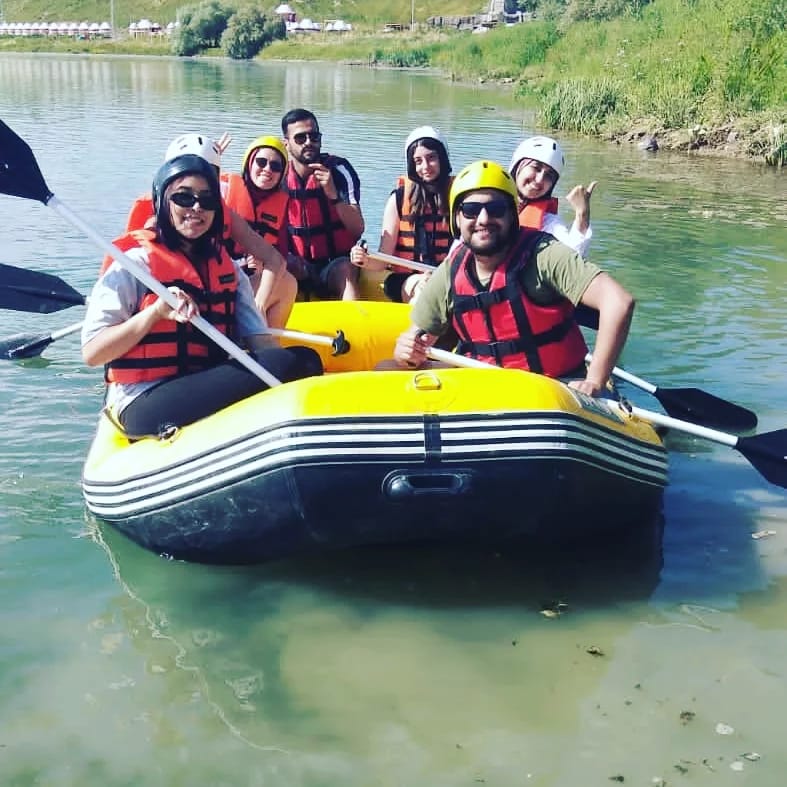
EVS is not the only program that offers young people volunteering opportunities. In Morocco, there is also a program called CorpsAfrica. This organization sends volunteers to rural communities to support people in need, and by the end of their volunteering period, the volunteers develop a project tailored to the community’s needs.
« I gained a lot from my experience with CorpsAfrica, despite its challenges, » says Jamila Hadi, 30, originally from Taroudant, who served as a CorpsAfrica volunteer in Douar Aguerda, Ijoukak, a small town and rural commune in Al Haouz Province of Morocco’s Marrakesh-Tensift-El Haouz region. « My friend and I in the program would always say, ‘We aged in CorpsAfrica,’ because the things we would have learned over many years, we ended up learning in a short time through the program. Our group worked during the COVID period, which required us to stay in villages, engage directly with people, and contribute to health awareness efforts. »
She continues, « In addition, I grew both personally and professionally. I learned Tashelhit (a dialect of Amazigh) just by listening and interacting with people. I realized there is a vast cultural diversity, even within a single country. I learned what true integration means, what a community is, how to coexist, and what compassion really entails. »
« I also came to understand what it means to be in the often-forgotten parts of Morocco, and how the local population struggles to rely on themselves and find solutions without waiting for government intervention, » she adds. « I discovered how civil society operates, and the nature of humanitarian projects that exist outside of state frameworks, as well as how people collaborate to support each other. » She concludes, « It was an enriching experience on every level, teaching me so much—even on a personal level. »
Malika Akestour
Malika Akestour is a doctoral student. Her thesis focuses on media and politics, in particular the impact of social media on electoral behaviour. As a freelance journalist, she works in the Arab team at the Washington-based International Center for Journalists (IJNET).

